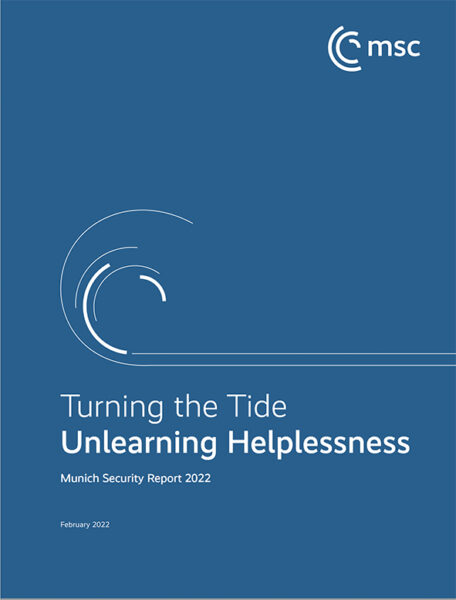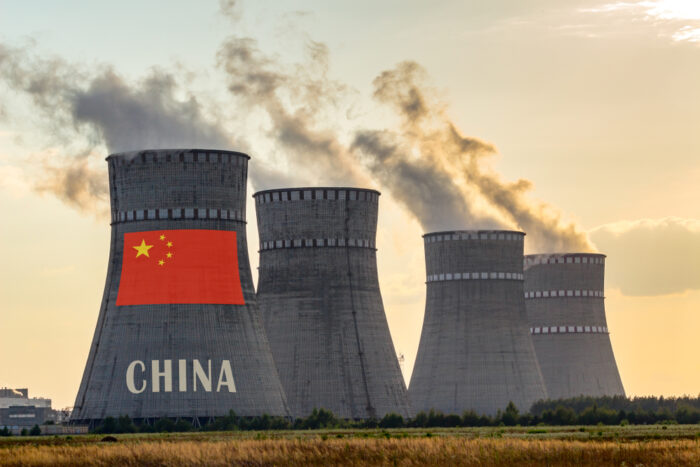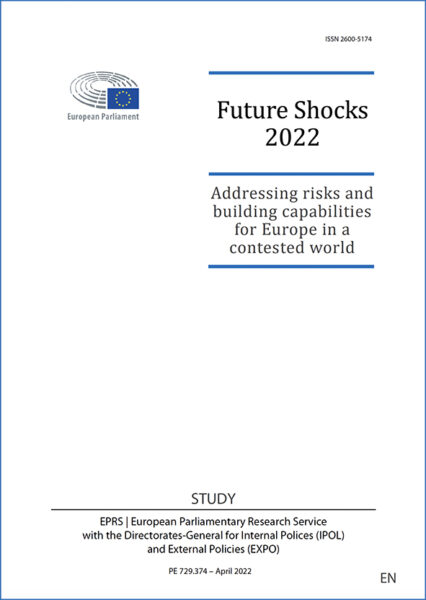Ten years after the end of the Cold War, Pierre Bonnaure remarks, Bill Clinton decided to revive the notion of an anti-missile defence system for the United States, because he is anxious to reassure public opinion about the possible threats from “rogue states”. Admittedly, as his term comes to an end, the American President has just put off a decision until later, but the question remains open.
Bringing up to date the strategy of nuclear deterrence and reviewing the various treaties that lay down the rules of the game carries the risk of destabilising the parties concerned, whether nor not they signed the treaties, as well as of having unwanted side-effects: abuse of power, strengthening nuclear weapons programmes, revival of the arms race, challenging traditional alliances and the role of NATO, not to mention potential nuclear catastrophe.
To create a new system of protection and deterrence to shelter just the United States, or perhaps its allies as well, means once again putting into question the policies on defence and on nuclear non-proliferation, with the risk of driving Russia to adopt a rigid stance and to undermine the fragile balance of global security.
How can we stop the proliferation and use of weapons of mass destruction? That is the weighty question that Bill Clinton is leaving for his successor to answer.
Le retour de la guerre des étoiles
Cet article fait partie de la revue Futuribles n° 258, nov. 2000



